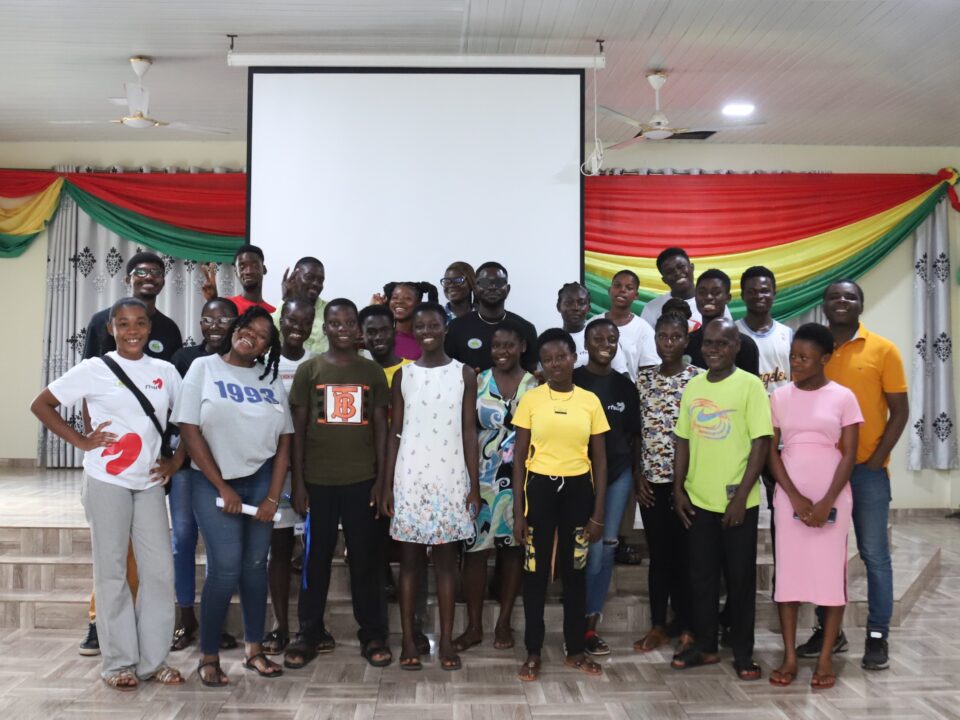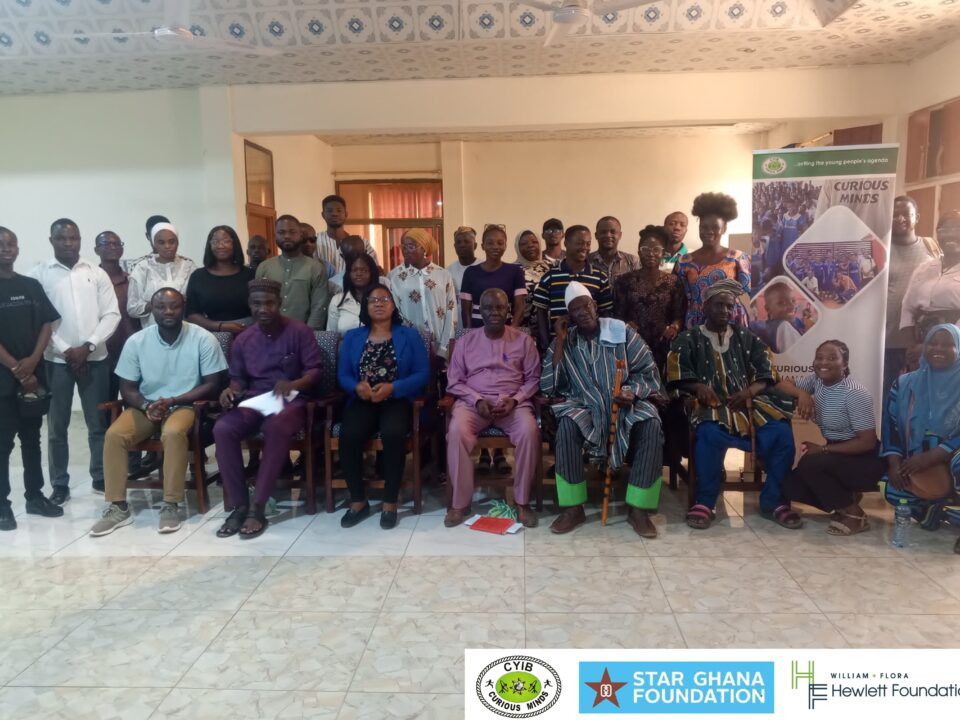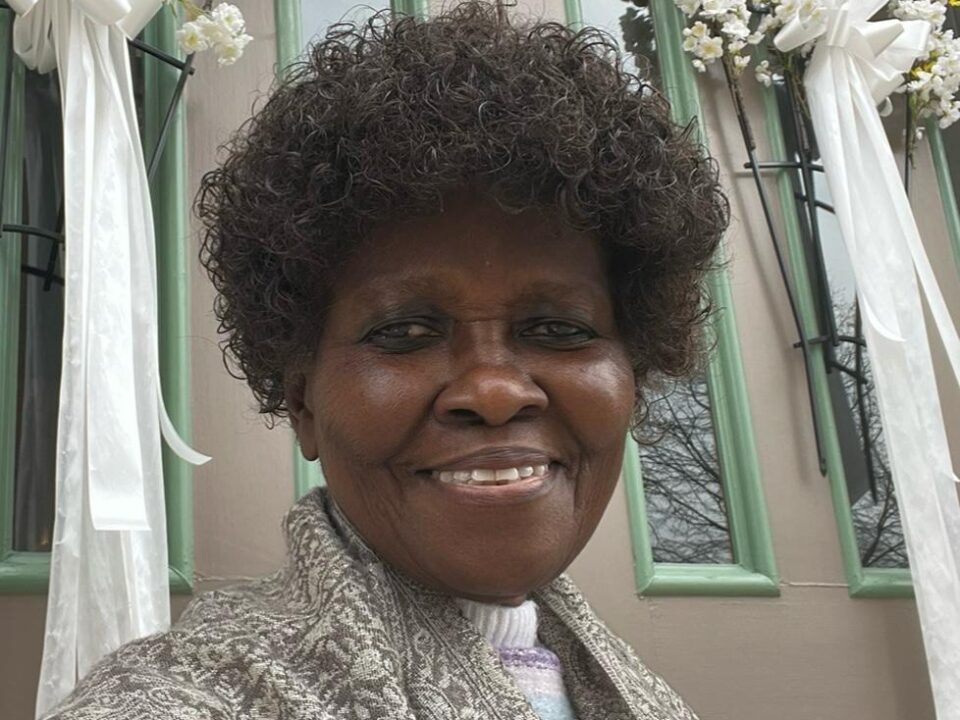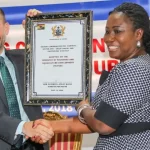
U.S. Government Supports Ghana to Develop Anti – Child Labor and Trafficking Strategy for the Fisheries Sector
October 25, 2018
CM POLICY INSTITUTE LAUNCHED TO FACILITATE EVIDENCE-BASED ADVOCACY
July 15, 2019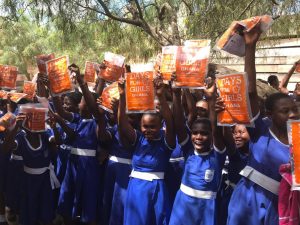 Days for Girls Ghana, an International non-governmental Organisation, has donated an appreciable number of sanitary kits to girls at Dome Anglican 1 and 3 Primary in Accra.
Days for Girls Ghana, an International non-governmental Organisation, has donated an appreciable number of sanitary kits to girls at Dome Anglican 1 and 3 Primary in Accra.
Considering the fact that females make a high number of the population and they experience monthly menstruation, menstrual hygiene is significant for the holistic development of the female from healthy lives to equitable education, to ensuring gender equality and empowerment.
Days for Girls Ghana is ensuring access to quality sustainable feminine hygiene for girls and women in Ghana who otherwise go without menstrual health management and reproductive health education and provide sanitary hygiene solution
Issues associated with menstruation are never discussed openly and the silence surrounding menstruation burdens young girls by keeping them ignorant. During the donation, the children were educated on personal and menstrual hygiene practices to promote good health. The unhygienic practices like using materials like rags, toilet rolls, old cloths for the absorption of menstrual blood in place of sanitary towels, reuse of the same cloth during menstruation leads to many health-related issues.
According to the Country Director, Ms. Appiah Boakye, Days for Girls focused on providing reusable sanitary kits which is more hygienic and fashionable, creating awareness and provides training for women and girls on personal and menstrual hygiene and creates enterprises with women in communities.
“When girls receive our menstrual hygiene kits, we know that they no longer need to use unhygienic items and miss days of school each month. Days for Girls Kits are a doorway to a larger vital women’s health conversation”
Menstrual hygiene management is a very important aspect in the life of girls and women. Managing adequate hygiene is quite challenging for menstruating young girls and women because of some factors which may span from financial or social backgrounds. There exists limited knowledge about puberty, menstruation and reproductive health but with the intervention of Days for Girls Ghana over 10,000 girls have been reached in all 10 regions of Ghana.
Ms. Boakye added that, ‘If free education is provided for SHS girls, government must also provide opportunity necessary for girls to stay in school. That means there need to be clean facilities, safe spaces and access to resource’
In an interview with some of the girls who received the sanitary kits, they were happy about the organization’s initiative, adding that, not only will most girls freely come to school during their menstrual cycles but also, it will save parents who cannot afford sanitary towels for their girls.
A safe water supply and improved sanitation facilities are especially important as women have specific hygiene needs during menstruation, pregnancy and child bearing, taking into consideration the fact that, access to information on menstrual hygiene management is directly linked in achieving some of the Sustainable Development Goals (SDGs) such as ensuring healthy lives and well-being for all (SDG 3), quality in education (SDG 4), gender equality (SDG 5), clean water and sanitation (SDG 6) and decent work and economic growth (SDG 8)
Days for Girls Ghana has been celebrating alongside Days for Girls International‘s global network to commemorate 10 years of serving women and girls globally in a month-long festival dubbed “Global Girls Festival”. Global Girls Festival is a celebration of the countless women whom have worked so hard to reach the most vulnerable, at-risk women and girls around the world. The festival is also a celebration of Girls; a cause to bring awareness to the strength and resilience of women and girls who have endured so many adversities everyday due to menstruation discrimination and period poverty.
Erica Ehiamah
(Ghana Institute of Journalism)

